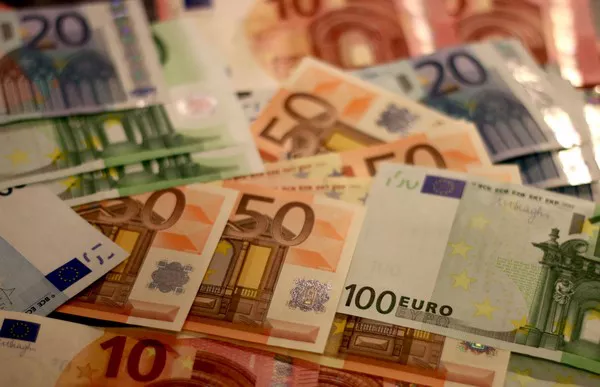The EUR/GBP pair experiences a sharp decline, nearing 0.8530, following the release of disappointing German Industrial Production data for December. The industrial output of the fourth-largest global economy plummeted by 1.6% monthly, far exceeding market projections of a 0.6% decline. This contraction follows a 0.2% decline in November.
The Eurozone’s economic performance is faltering due to challenges in the labor market, subdued consumer spending, and weakened manufacturing activities. The recent downturn in Industrial Production adds to a series of indicators pointing towards the increasing likelihood of early rate cuts by the European Central Bank (ECB).
Concerns over potential ECB rate cuts intensified after policymaker Pablo Hernandez de Cos stated on Tuesday, “it is already very important for European citizens to know that we are confident the next move will be a cut.” This commentary from ECB Cos expresses confidence in inflation moving towards the 2% target.
In contrast, ECB executive board member Isabel Schnabel, in the late Asian session on Wednesday, cautioned that the final stretch in achieving the 2% inflation target will be challenging. Schnabel warned against early rate cuts, suggesting they could reignite price pressures.
Meanwhile, the Pound Sterling exhibits resilience against the Euro, driven by improving economic prospects in the United Kingdom. Optimism among UK service sector and construction companies is on the rise, reflecting a reduction in recession risks and potential rate cuts by the Bank of England (BoE), coupled with easing price pressures.


